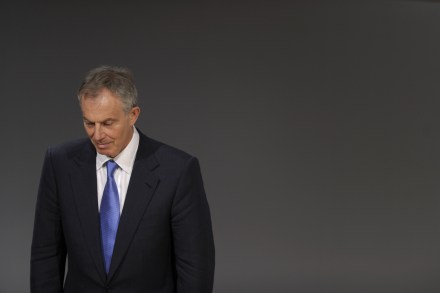A comprehensive offer to Liberal Democrats
It seems strange for Ed Miliband to veer from offensive to charm quite so quickly, but it’s a decent ruse nonetheless. Miliband deliberately cites David Cameron’s famous ‘comprehensive offer’ and many disenchanted Lib Dems will be swayed by his three point-plan, especially after the recent Grayson intervention. Disingenuous? Yes. Opportunistic? Very. Coherent and well-defined opposition to trebling tuition fees? Certainly. Now for some policies, perchance…

















